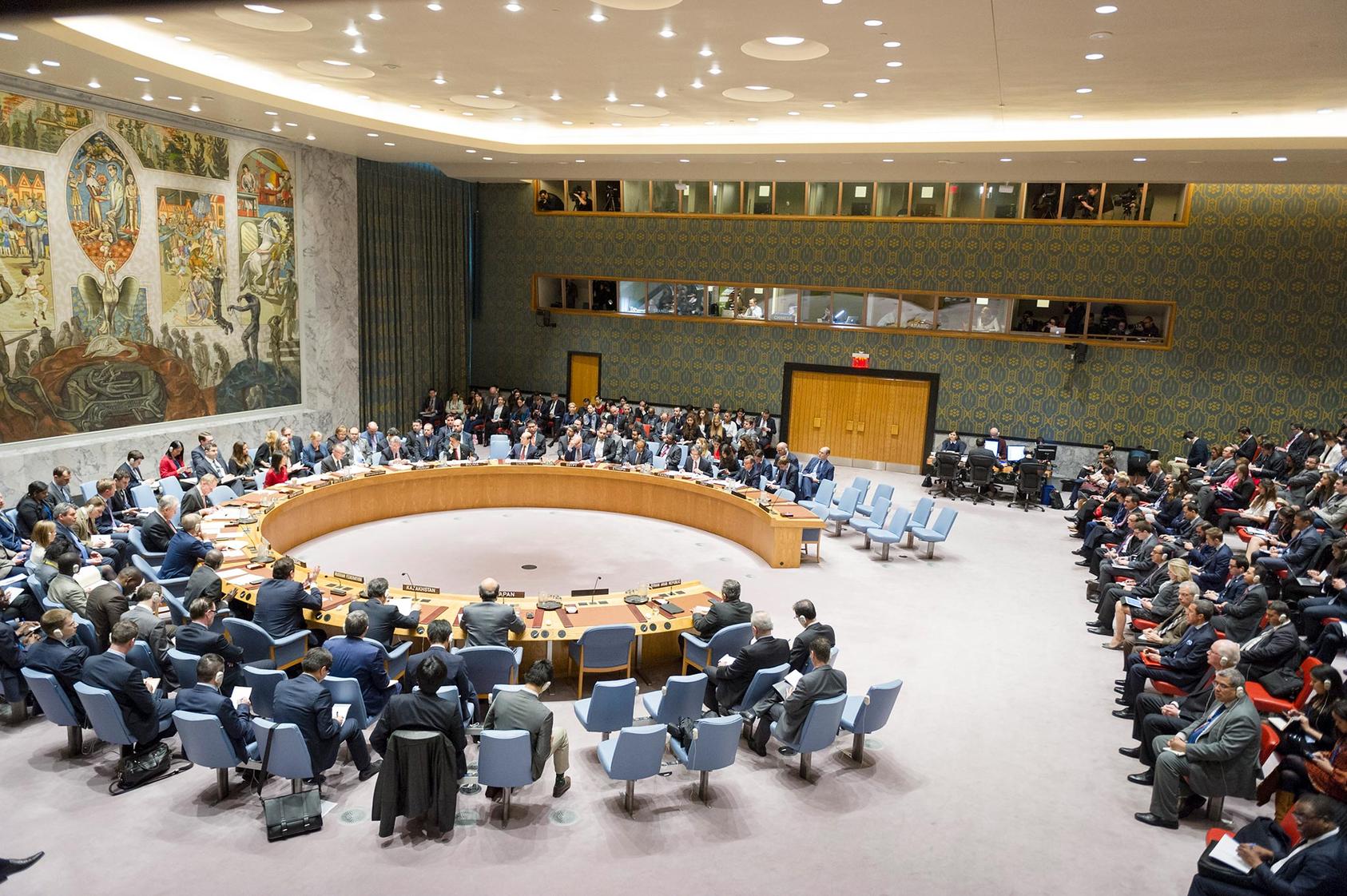Mediating Violent Conflict: Micro-Course
This micro-course defines mediation and distinguishes it from negotiation. It describes the various roles a third party can play, including as a mediator, and the various steps one follows when organizing and facilitating a mediation process.

Course Overview
By the end of this course, participants will be able to:
- Describe the importance of mediation;
- Define mediation and identify the roles mediators play;
- Identify the role identity plays in mediation; and
- Recognize the basic principles behind effective mediation.
Overview Video
Click on the video below for an overview of the course.
If you cannot view the video, click here to download it.
Agenda
Section 1 - Introduction
Introduces the importance of mediation through real-world stories and asks the learner to reflect on their prior knowledge.
Section 2 - Pillars
Discusses how mediation is defined and how it relates to diplomacy, as well as examines the mediator's role and the diversity of mediators in the international sphere.
Section 3 - Tools
Explore the various tools used by mediators including conflict analysis, engagement with parties, neutrality, and timing.
Section 4 - Application
Applies the tools discussed in the previous chapter to real-life mediation processes. Learners then have the opportunity to complete an independent research project and think about how to apply the lessons learned throughout the course to their own work.
Section 5 - Conclusion
Provides a space for self-reflection and tests retention while earning a certificate.
The Mango Tree
In this course we present a scenario in which you can apply the theories and concepts covered in this course to a fictional situation. A scenario is comprised of situation examples and you are asked to determine the best solution to each situation. This scenario looks two neighboring families are in conflict over the fruit from a mango tree. The conflict has been escalating and there is real tension between the families. It is clear the situation will not resolve itself, and with the mango season approaching shortly, now is the time to act.



